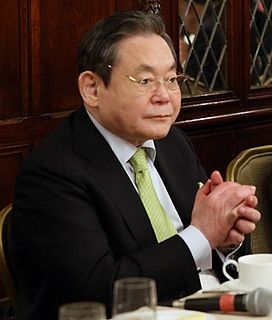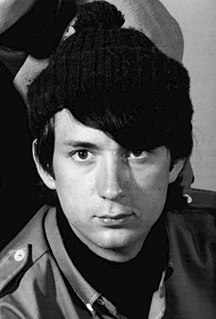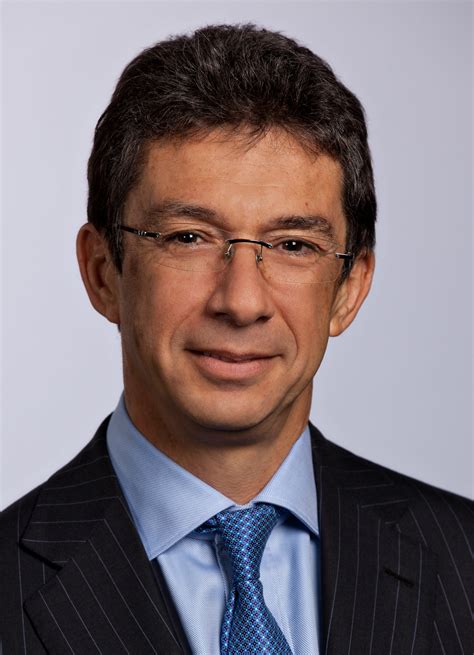A Quote by Daniel Lyons
Conventional companies try to find new uses for capabilities they already have. Transformers look at what the market needs and then go build it, hiring new people and/or taking people off other jobs.
Related Quotes
A permanent and sustainable solution to all the problems facing working people is possible by taking the biggest companies into democratic ownership, and reorganizing the economy on a democratically planned basis. Under such a system we could democratically decide how to allocate resources. We could rapidly transition away from fossil fuels, develop massive jobs programs to rebuild the country's rotting infrastructure, and begin to build a whole new world based on meeting the needs of the majority, not the profits of a few.
An old market had stood there until I'd been about six years old, when the authorities had renamed it the Olde Market, destroyed it, and built a new market devoted to selling T-shirts and other objects with pictures of the old market. Meanwhile, the people who had operated the little stalls in the old market had gone elsewhere and set up a thing on the edge of town that was now called the New Market even though it was actually the old market.
Then, in the 1980's, came the paroxysm of downsizing, and the very nature of the corporation was thrown into doubt. In what began almost as a fad and quickly matured into an unshakable habit, companies were 'restructuring,' 'reengineering,' and generally cutting as many jobs as possible, white collar as well as blue . . . The New York Times captured the new corporate order succinctly in 1987, reporting that... 'All such allegiances are viewed as expendable under the new rules. With survival at stake, only market leadership, strong profits and a high stock price can be allowed to matter'.
Shifting Philip Morris to the new a non-risk products doesn't mean that I will give market share to my competitors free of charge. In the markets where we are not present with IQOS yet or the other reduced-risk products, you still need to defend your share of the market. They still represent the bulk of our income, and so far they have financed the billions of dollars we have put behind these new products. But once we go national in a market, and absent capacity constraints, then you shift your resources and your focus to these new products.
I'm certainly not an expert and I imagine I'll spend my life figuring it out. What I do know, is that you can't take it all on yourself: find amazing people to collaborate with, build a team, and support other people doing the same. When you share your goals and ambitions with other people and they share with you, you exist in an energizing cycle of always creating new things with people that believe in you.






































